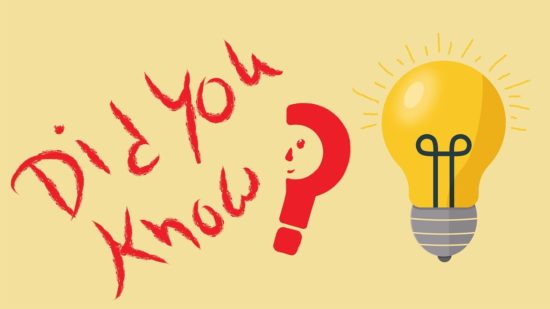Nine fascinating facts about the English language that you may not be aware of!
1. The oldest, shortest, and most common word in the English language is I.
2. The word girl used to be gender-neutral and referred to any child or young person.
3. After gaining independence from Britain, Noah Webster championed the removal of unnecessary letters in British spelling, such as the u from colour and flavour.
4. Words like this and thing have distinct th sounds, known as a “dental fricative,” with voiced and voiceless variations. Interestingly, most languages do not have a voiced dental fricative.
5. “I before e, except after c
Or when sounded as a as in neighbor and weigh”
Unless the c is part of a sh sound as in glacier
Or it appears in comparatives and superlatives like fancier
And also except when the vowels are sounded as e as in seize
Or i as in height
Or in -ing inflections ending in -e as in cueing
Or in compound words as in albeit
Or occasionally in technical words with strong etymological links to their parent languages as in cuneiform
Or in other numerous and random exceptions such as science, forfeit, and weird.
6. Did you know that enneacontakaienneagon is a word in the English language? It means a shape with 99 sides, making pronouncing supercalifragilisticexpialidocious seem easy!
7. Surprisingly, some words entered the dictionary due to printing errors, known as ghost words. The nonexistent word dord appeared in the dictionary for eight years in the mid-20th century.
8. A new word is added to the dictionary every two hours, totaling almost 4,000 new words annually.
9. Crutch words are those that add no meaning or value to a sentence but are frequently used. Examples include like, actually, honestly, and basically.





